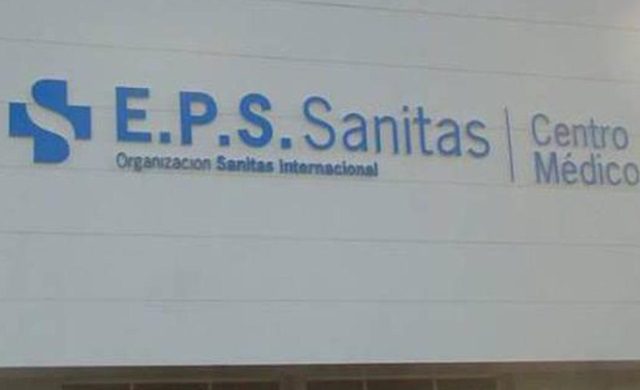BTN News: Starting October 1, 2024, EPS Sanitas will implement a significant change in its medication delivery services across 13 departments in Colombia. This move comes as part of a larger strategy to enhance service quality, improve accessibility, and increase efficiency in the medication dispensing process. The transition will involve replacing the current operator, Cruz Verde, with seven new operators who will take over the delivery of medications and supplies in these regions. However, the plan has already raised concerns among some stakeholders who fear that this change could potentially disrupt service quality.
A Strategic Shift to New Operators: Why EPS Sanitas is Making the Change
EPS Sanitas, which is currently under intervention by the Superintendency of Health (Supersalud), aims to optimize the delivery of medications by transitioning to new operators. This change is set to take place between September 30 and October 1, 2024, with the goal of ensuring a seamless switch to the new service providers. The healthcare provider asserts that this transition will not interrupt services and is intended to provide broader regional coverage, improving the availability and accessibility of medications for its users.
Until September 30, all medication authorization and delivery processes will remain under the current operators. Starting October 1, the new operators will begin their roles, strategically positioned to expand capacity and enhance service delivery.
New Operators to Replace Cruz Verde in 13 Departments
From October 2024, EPS Sanitas will replace Cruz Verde with seven new operators that promise greater regional presence. The regions affected by this change include Bolívar, Cesar, Córdoba, La Guajira, Norte de Santander, Sucre, Putumayo, Guainía, Vaupés, Vichada, and parts of Santander outside of Bucaramanga and its metropolitan area.
EPS Sanitas has outlined a comprehensive communication plan to ensure that users are informed about the upcoming changes. This plan includes advance notifications, regular updates, and informative materials distributed through the organization’s communication channels. Additionally, customer service hotlines will be activated to address any questions or concerns from users.
Concerns Emerge Over Potential Service Disruptions
Despite the intended benefits, several concerns have been raised about the potential consequences of this transition. Andrés Forero, a congressman from the Centro Democrático party, expressed on social media that the new operators might not have the capacity to maintain the same level of service, especially in regions like Norte de Santander. According to Forero, in Cúcuta, the number of pharmacies would decrease from 32 under Cruz Verde to only four under the new operator, Pharmasan.
Stakeholders Voice Worry Over Accessibility and Capacity Issues
The association representing EPS entities in Colombia’s contributory health sector has also voiced concerns. With only 20 days remaining before the switch, they claim that the specific addresses of the new dispensing points remain unknown. This has led to anxiety among users about how these changes might affect the quality and availability of services.
Moreover, stakeholders have pointed out existing challenges with service provision, such as difficulties accessing non-vital emergency services due to lack of contracts or limited service agreements. They have also criticized the decision to alter services for high-cost patients, which they believe undermines the comprehensive care these patients require.
Past Challenges and Future Uncertainties: Is the Solution Worse Than the Problem?
While the EPS Sanitas intervention seeks to address longstanding issues, such as delays and shortcomings in the current medication dispensing services, some observers worry that these new changes might introduce new problems. “We’ve observed a trend towards limiting patient care, particularly for those with high-cost illnesses,” said representatives from the association, emphasizing that in some municipalities, the new operators may not have the necessary infrastructure or capacity to deliver an adequate level of service.
They also noted that existing problems, like the shortage of certain medications, might not be resolved simply by switching operators. “In some cities and municipalities, the remedy may be worse than the disease,” they concluded.
EPS Sanitas Defends the Decision, Promises Better Service Experience
In response to these concerns, Duver Vargas Rojas, the Special Intervenor of EPS Sanitas, reassured users that the transition represents a positive step forward. “This change of operators signifies a significant improvement in our users’ experience,” he stated, emphasizing the organization’s commitment to ensuring uninterrupted access to medications.
As the October deadline approaches, the healthcare community and EPS Sanitas users alike will be closely watching how the transition unfolds and whether it will truly deliver the promised improvements in medication accessibility and service quality.


